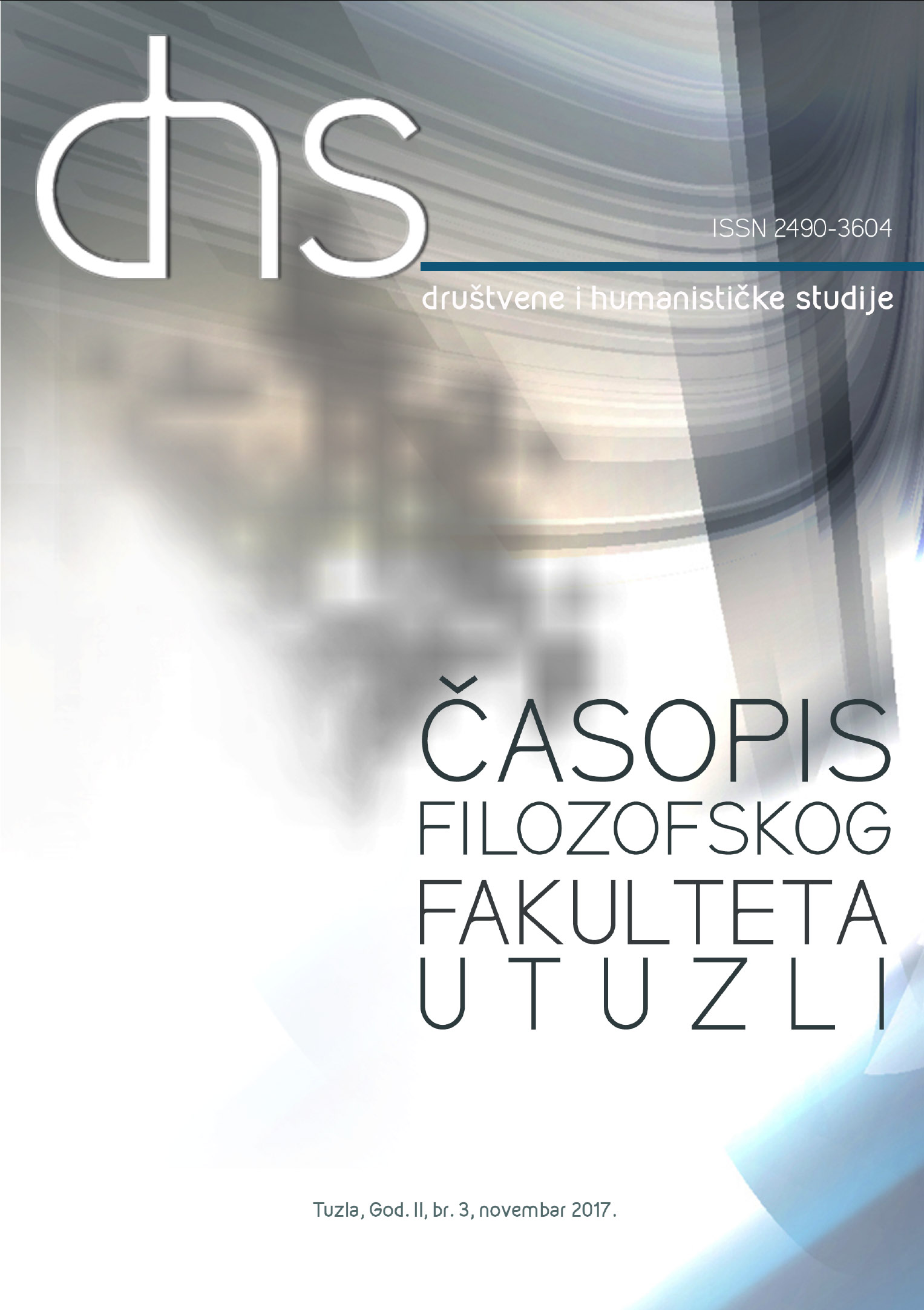“Gabbling Like a Thing Most Brutish”: Language in the Service of Colonialism in the Tempest
“Gabbling Like a Thing Most Brutish”: Language in the Service of Colonialism in the Tempest
Author(s): Alen AvdićSubject(s): Language and Literature Studies, Studies of Literature, Comparative Study of Literature
Published by: Filozofski fakultet Univerziteta u Tuzli
Keywords: postcolonial literary theory; the other; Shakespeare; Caliban; Prospero; colonialism;
Summary/Abstract: The portrayal of Caliban from The Tempest is a prototypical example of representing the other in Shakespeare. He is described as a savage and deformed slave who is also a monster, a strange fish whose smell is awful and a commodity that could earn his owners a lot of money when exhibited as a freak back home in England. The language employed by colonial discourse in The Tempest portrays Caliban as inhuman and this makes his unjust treatment justified by the colonizer. He is repeatedly described using metaphors of earth (as Ariel is given metaphors of air). Thus Caliban is portrayed as earthy – coarse, heavy and crass. However here is depth to his character. He is aware of the history of the island and that his mother held it first, making him its true heir. He is also resentful that Prospero and Miranda have tried to impose their language and culture onto him as well as sexually uninhibited in that he had tried to rape Miranda. His resentfulness of the burden that Prospero lays on him is so big that he ultimately rebels against him. As such Caliban is the quintessential other, and as such destined to be subjugated by his colonizer by the use of the colonizer’s language. He attempts to undermine Prospero’s authority and challenge the colonial rule over his island.
Journal: DHS-Društvene i humanističke studije: časopis Filozofskog fakulteta u Tuzli
- Issue Year: III/2017
- Issue No: 3
- Page Range: 61-80
- Page Count: 20
- Language: English

